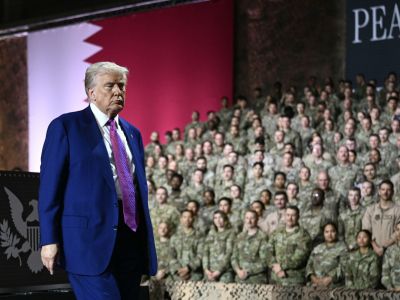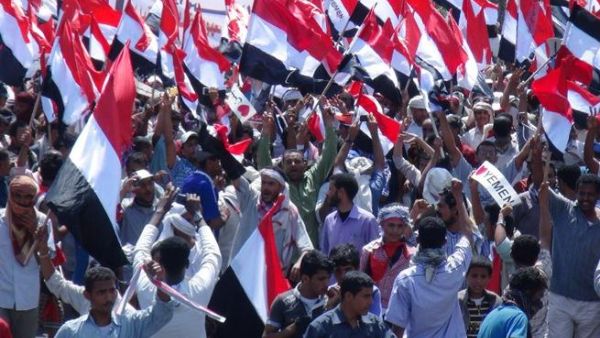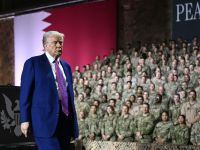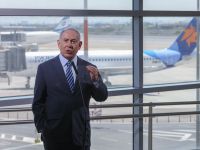Yemen launched on Monday UN-backed national reconciliation talks aimed at drawing the state’s divisive players towards a negotiated settlement.
The talks are being boycotted by hardline southern factions who staged a general strike and protests in the southern port city of Aden on Sunday against the dialogue initiative.
The reconciliation talks, which are scheduled to run for six months, bring together 565 representatives of Yemen’s various political groups, including southern secessionists to northern Zaidi Shia rebels.
The groups aim to draft a new constitution and prepare for next February's general elections, which will take place after a two-year transition led by President Hadi.
The dialogue is part of a UN-brokered deal that eased former president, Ali Abdullah Saleh, out of office following an 11-month uprising against his 33-year rule.
The talks, which were originally scheduled to start in mid-November, were postponed largely due to the refusal of factions in the Southern Movement - campaigning for southern independence - to join the talks.
Under UN pressure and after months of negotiations, most factions agreed to take part in the dialogue.
However, Southern Movement hardliners, led by South Yemen's former president Ali Salem al-Baid, are boycotting the talks, insisting instead on negotiations between two independent states in the north and south.
On Sunday, thousands of their supporters protested against the national dialogue.
One activist, Khaled Junaidi, told AFP news agency on Sunday: “We are here by the thousands to reject the dialogue as it is an issue of northerners and those southerners who are involved in it do not represent the people.”
The hardliners also held a six-hour general strike in Aden, capital of the formerly independent south.
On February 15, the United Nations voiced support for the national dialogue and threatened sanctions against any party impeding the talks.









